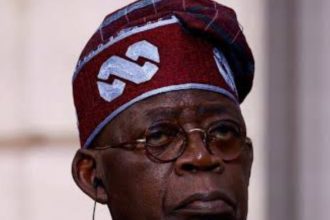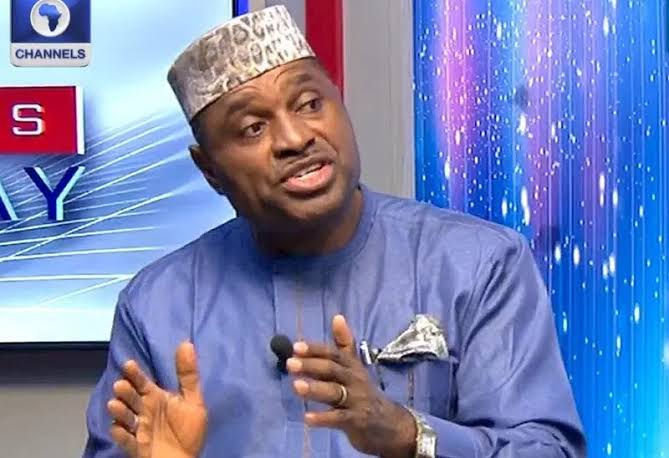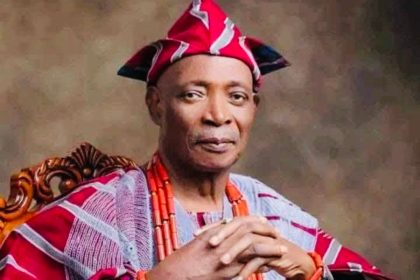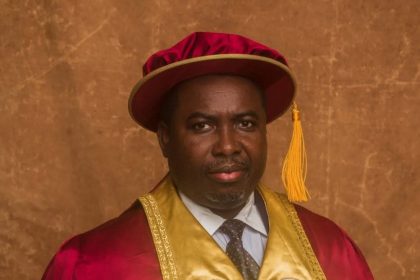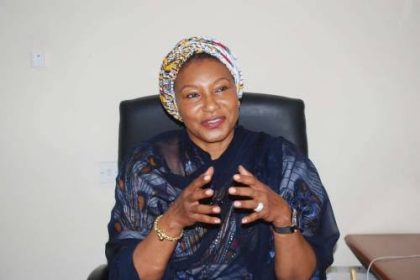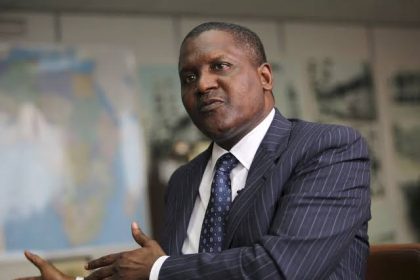A former presidential campaign spokesperson for the Labour Party, Kenneth Okonkwo, has cautioned that no single opposition candidate can defeat President Bola Tinubu in the 2027 general election without a strong coalition.
Okonkwo, speaking on Channels Television’s Sunday Politics, emphasized that the political landscape, characterized by increasing defections to the ruling All Progressives Congress (APC), makes a united front among opposition parties imperative.
He stressed that individual efforts by key figures such as former Vice President Atiku Abubakar or former Labour Party candidate Peter Obi would be insufficient to unseat the incumbent president.
“Moving to 2027, I know that there will be a coalition. Whether it is going to be between Peter Obi and Atiku, I don’t know, but there will be a coalition,” Okonkwo stated.
“Why? Because that will be the only choice the opposition has to make any impact.”
He warned that failure to build a coalition would effectively hand President Tinubu a second term, asserting that “he will just walk into it.”
Reflecting on Nigeria’s evolving political dynamics, Okonkwo noted that the situation mirrors the 2015 election, where a coalition of opposition forces successfully ousted then-President Goodluck Jonathan.
He pointed out that securing victory in Nigeria today not only requires winning at the polls but also ensuring that the victory is protected.
Commenting on the wave of defections to the APC, including the recent defection of Delta State Governor Sheriff Oborevwori, Okonkwo described the movement as motivated by personal political interests rather than ideology.
He criticized the notion that aligning with the ruling party would guarantee political survival, saying, “It is an absurdity that people will see a sinking house and be running into it for shelter.”
He accused defectors of believing that the APC would “write results” in their favor during the next election cycle.
The increasing defections have raised concerns among Nigerians about the stability of the party system and the possibility of the country drifting towards a one-party state.

